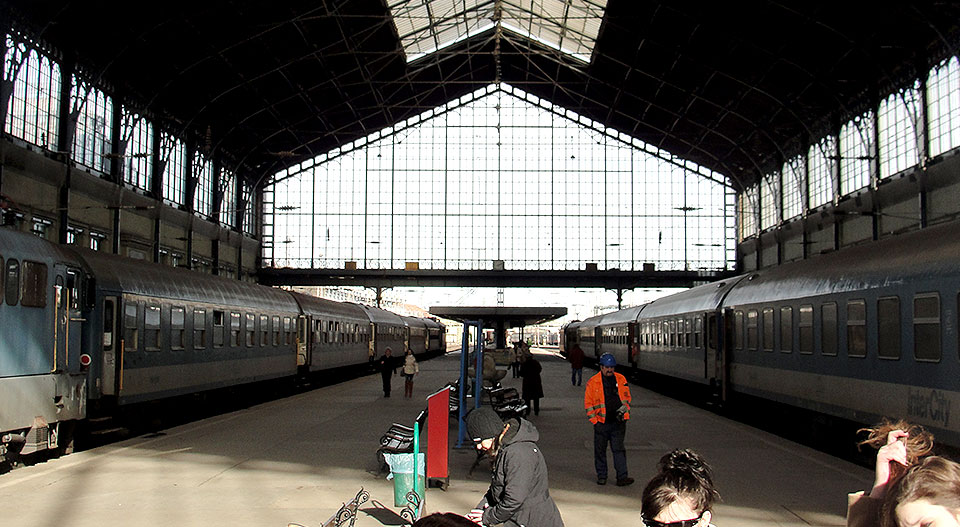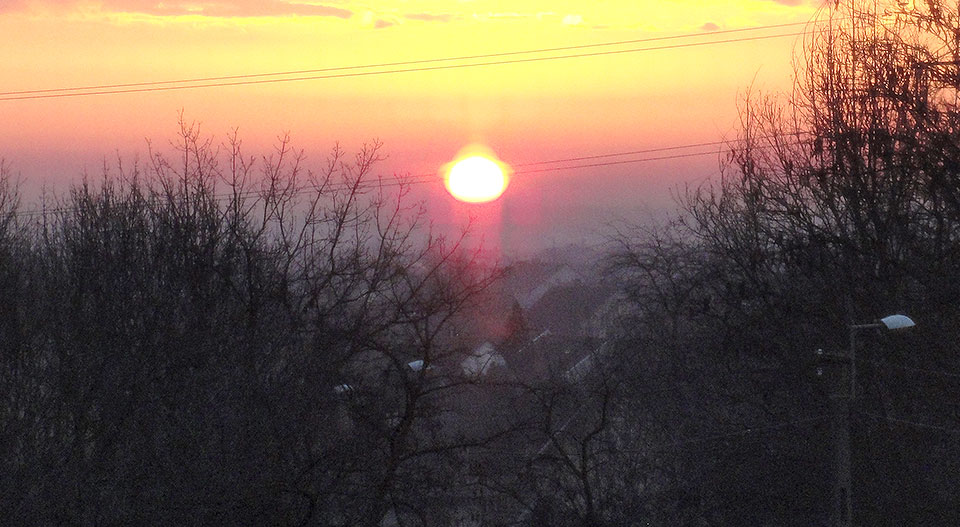

Coming from UW-Stevens Point, I have acquired a relatively well-rounded outlook on wellness factors. Remember, the SPECIES model? Social, Physical, Environmental, Career, Intellectual, Emotional… Sexual? No, Spiritual! (Still got it!) I’ve been thinking about these things since arriving in Hungary, and I’ve made some observations comparing Hungary’s health to the U.S., particularly Stevens Point.

Social: I have to give this one to Hungary. The pace of life here is a little slower; they take more time to just sit and talk with friends. There are more bakeries and casual cafes where people spend time socializing, and people really enjoy a beer or glass of wine. Hun-1: U.S.-0
Physical: This one is tricky … It seems Americans are more active, believe it or not: we walk faster, exercise more, stay busy all day, rushing here, rushing there. But … we’re larger. I haven’t been able to explain this phenomenon quite yet, though I’ve been trying. Everybody here eats serious amounts of greasy meats and carb-loaded baked goods, yet for the most part they’re relatively skinny. Also, everybody here smokes cigarettes. In Stevens Point it’s becoming almost uncommon to see people causally walking in the streets smoking (in large part due to the recent campus ban), but here it’s hard to find someone who isn’t lighting up. So, we have our own different areas of neglect, but it’s hard to say which civilization is superior in the physical dimension. I’m going to go U.S. simply because smoking is such a corrosive habit. 1-1.
Environmental: This one is a clear check in the W column for Hungary. It’s infrastructure. The public transportation is incredible–there are electric trams and buses literally transporting a whole society of people across the whole city, and trains taking people cross country. There are a lot of small markets where local produce is available at reasonable prices. Large department/grocery stores, though available, are less prevalent. If you want a plastic bag in stores here, you pay. It’s a simple thing, but virtually everybody reuses bags. Stevens Point has some nice initiatives going: the Green Fund and greenhouse for example, but right now Hungary takes the green cake. Hun-2: U.S.-1
Career: I have to give this to the U.S., no doubt. The cost of living is incredibly low here, but salaries are lower, even for professionals. Health professionals and college professors, including those with Ph.D.s, make approximately $500 a month–not nearly enough for comfortable living. Also, from what I personally experienced, the education system is less effective as well. I give Stevens Point a great deal of credit, and the University of Szeged cannot match up. Hun-2: U.S.-2
Intellectual: There’s no clear winner here, just differences. Many Hungarians are multilingual, speaking English, Spanish or German in addition to Hungarian. Also, they are more in tune with the country’s history and world events. In America, we tend to think of present-day America as the be-all-end-all. However, as I mentioned, the superiority of the education system obviously presents some advantages in the way of the U.S.. But, I’ve met some incredibly intellectual Hungarians … Eh, I simply don’t know. I guess intellectuality manifests itself differently among different groups of people. Toss-up. 2-2.
Emotional: Due to assortment of crises facing Americans at any given moment (school shootings, abductions, etc.), I’ve gotta say that Hungarians are more emotionally well. Here’s the thing: Hungarians are incredibly pessimistic, but they acknowledge and understand the fact that they’re pessimistic. They are united in their skepticism and attribute it to their national history. As Americans, we have it all, but we want more. With depression and anxiety so rampant among Americans, I’ll give emotional health the admittedly bleak Hungarians. Hun-3: U.S.-2.
Spiritual: I haven’t experienced much spirituality here in Hungary thus far. This may change, but my impression is that Americans are more open-minded about spirituality. Most Americans rely on some sort of higher power, and speak freely about their spiritual existence. Hungarians seem more subdued. I’m going to go ahead and give it to the U.S. just to even the scales. 3-3.
I guess the point of this analysis isn’t exactly to compete, just compare. It’s incredibly fascinating to contrast and evaluate the wellness differences of people in various societies. I think we’re relatively even on a wellness basis, and there is a great deal of work to be done in both cases. For my part, though, I’m somewhat thankful to have been provided the education and insight to think so critically about the topic of wellness in society. For that, I thank Annie Wetter, Jasia Steinmetz and the crew in the School of Health Promotion & Human Development.
-Lee
Lee Bartnik, a senior at the University of Wisconsin-Stevens Point majoring in dietetics, is blogging about his study abroad experience in Hungary.


